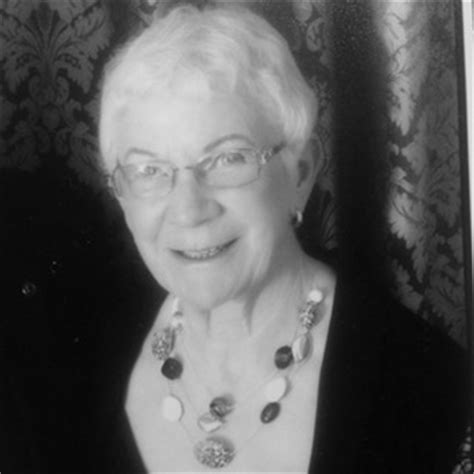A Quote by Honore de Balzac
To kill a relative of whom you are tired is something. But to inherit his property afterwards, that is genuine pleasure.
Related Quotes
We say, then, that Scripture clearly proves this much, that God by his eternal and immutable counsel determined once for all those whom it was his pleasure one day to admit to salvation, and those whom, on the other hand, it was his pleasure to doom to destruction. We maintain that this counsel, as regards the elect, is founded on his free mercy, without any respect to human worth, while those whom he dooms to destruction are excluded from access to life by a just and blameless, but at the same time incomprehensible judgment
Before I knew that a man could kill a man, because it happens all the time. Now I know that even the person with whom you've shared food, or whom you've slept, even he can kill you with no trouble. The closest neighbor can kill you with his teeth: that is what I have Learned since the genocide, and my eyes no longer gaze the same on the face of the world.
The real conflict in the abortion issue is between a value - the right to choose whether or not to have the child - and a moral dictum - don't kill other humans. The more here, even, is flexible and relative. "Thou shall not kill" really means, "don't kill productive, contributing members of your own society that aren't a threat to your safety." If it was not relative, then no "Judeo-Christian" person could ever go to war or execute someone.
In the latter sense, a man has a property in his opinions and the free communication of them. He has a property of peculiar value in his religious opinions, and in the profession and practice dictated by them. He has an equal property in the free use of his faculties and free choice of the objects on which to employ them. In a word, as a man is said to have a right to his property, he may be equally said to have a property in his rights.
Every man should write a brief history of his life: his parentage, his birth, his religion, when he was baptized and by whom, when ordained, what to, and by whom-give a brief sketch of all his missions and of all his official acts and the dealings of God with him. Then if he were to die and the historians wished to publish his history, they would have something to go by.
As property, honestly obtained, is best secured by an equality of rights, so ill-gotten property depends for protection on a monopoly of rights. He who has robbed another of his property, will next endeavor to disarm him of his rights, to secure that property; for when the robber becomes the legislator he believes himself secure.
There are really three players: 'absolutists', for whom it is possible to describe reality as it anyway is; 'constructivists' or 'humanists', for whom there is nothing beyond a world that is relative to human interests and conceptual schemes; and 'ineffabilists', like myself, for whom any describable world indeed exists 'only in relation to man', as Heidegger put it, but for whom, as well, there is an ineffable realm 'beyond the human'.
It is not the right of property which is protected, but the right to property. Property, per se, has no rights; but the individual - the man - has three great rights, equally sacred from arbitrary interference: the right to his life, the right to his liberty, the right to his property The three rights are so bound together as to be essentially one right. To give a man his life but to deny him his liberty, is to take from him all that makes his life worth living. To give him his liberty but take from him the property which is the fruit and badge of his liberty is to still leave him a slave.





































